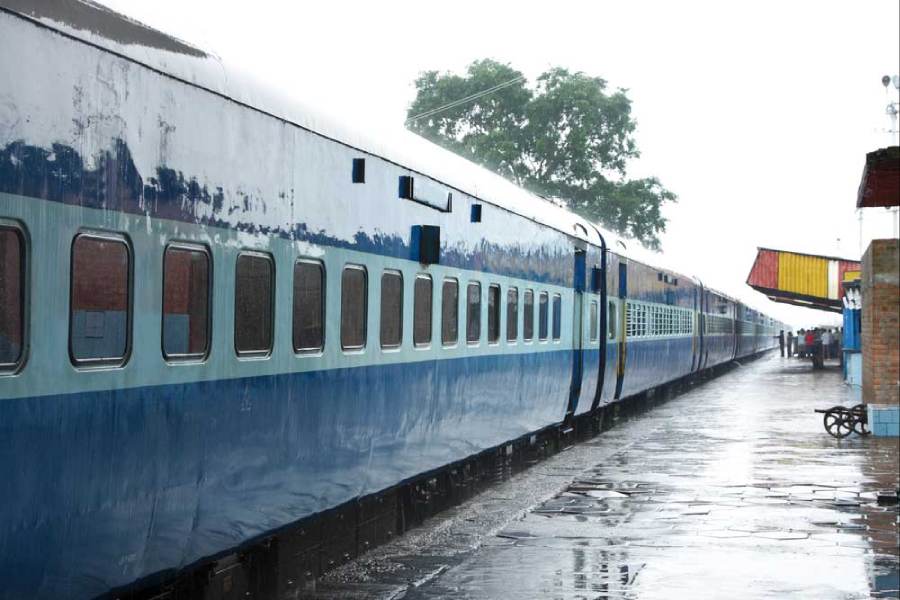North Western Railway plans to implement the Kavach anti-collision system in the zone, spread across Rajasthan and Haryana, within the next two years, a senior railway official said on Monday.
The North Western Railway operates three Vande Bharat Express trains which are equipped with Kavach, the indigenously developed train protection system, the official said.
However, the anti-collision device cannot be used in the railway zone as the system has not been implemented in this part of the country yet.
"We have awarded tenders worth Rs 426 crore for Kavach to be rolled out on 1,600 km across the zone," the official said, adding that the LTE survey to ascertain the availability of 4G and 5G networks along the route is underway.
Vande Bharat Express are indigenously developed semi-high speed trains that can attain a maximum speed of 160 kmph.
Last month, Railways Minister Ashwini Vaishnaw told Parliament that Kavach has been deployed on 1,465 route km on the South Central Railway.
He said Kavach tenders have been awarded for the Delhi-Mumbai and Delhi -Howrah corridors and work is in progress on these routes.
Indian Railways is preparing a detailed project report and detailed estimate for another 6,000 route km and so far 121 locomotives, including Electric Multiple Unit rakes, on South Central Railway have been equipped with the Kavach system.
The train accident in Odisha's Balasore, which killed over 290 people and injured at least 1,000, has brought the railways' automatic train protection system "Kavach" into focus. The railways has said that 'Kavach' was not available on the route where the accident occurred on June 2.
The system alerts the loco pilot when a train jumps a signal, which is among the leading causes of collisions. The system can alert the loco pilot, take control of the brakes and bring the train to a halt automatically when it notices another train on the same line within a prescribed distance.
The implementation of the Kavach system began in a phased manner, with the first field trials on passenger trains starting in February 2016.
Except for the headline, this story has not been edited by The Telegraph Online staff and has been published from a syndicated feed.











